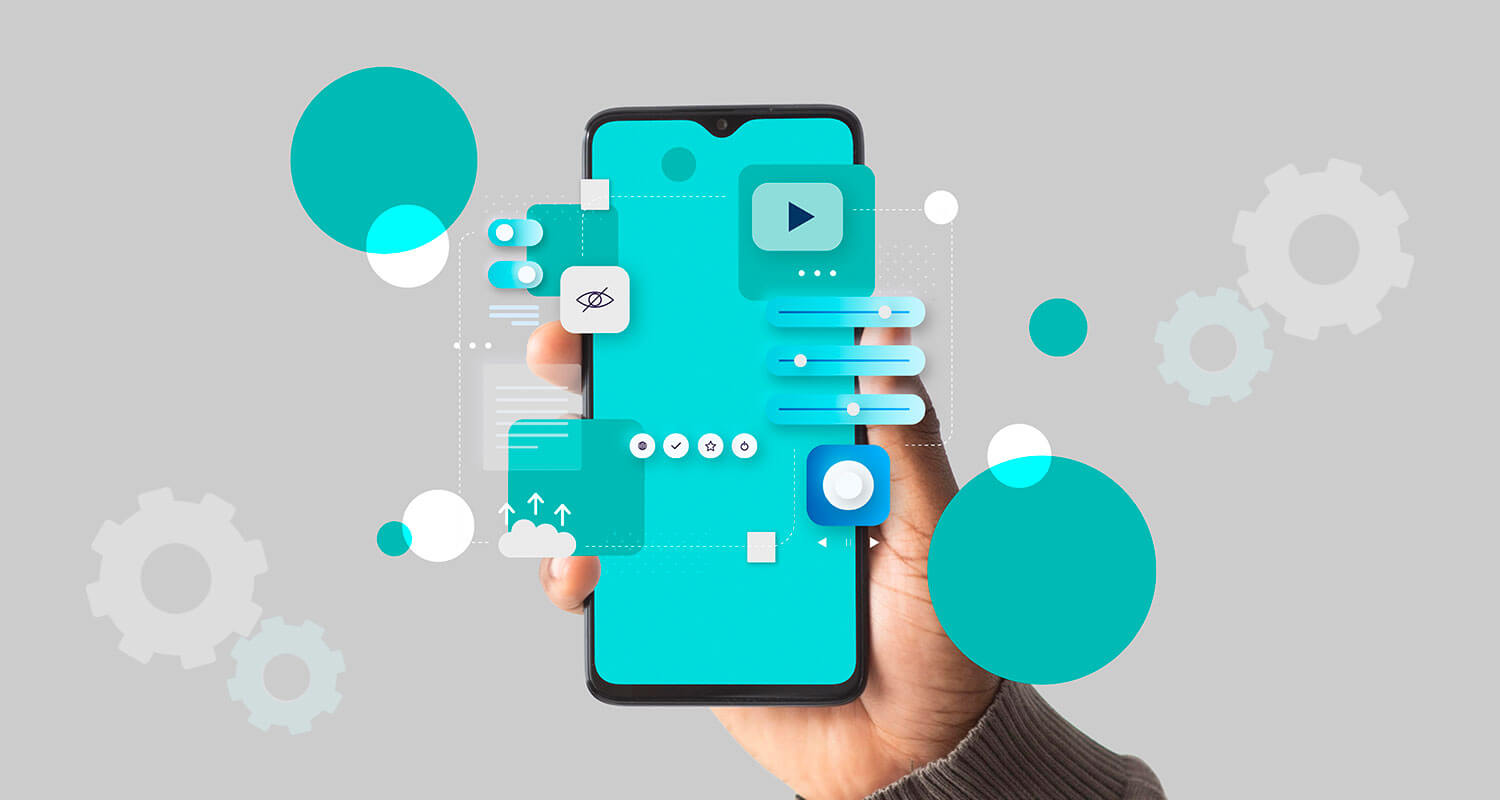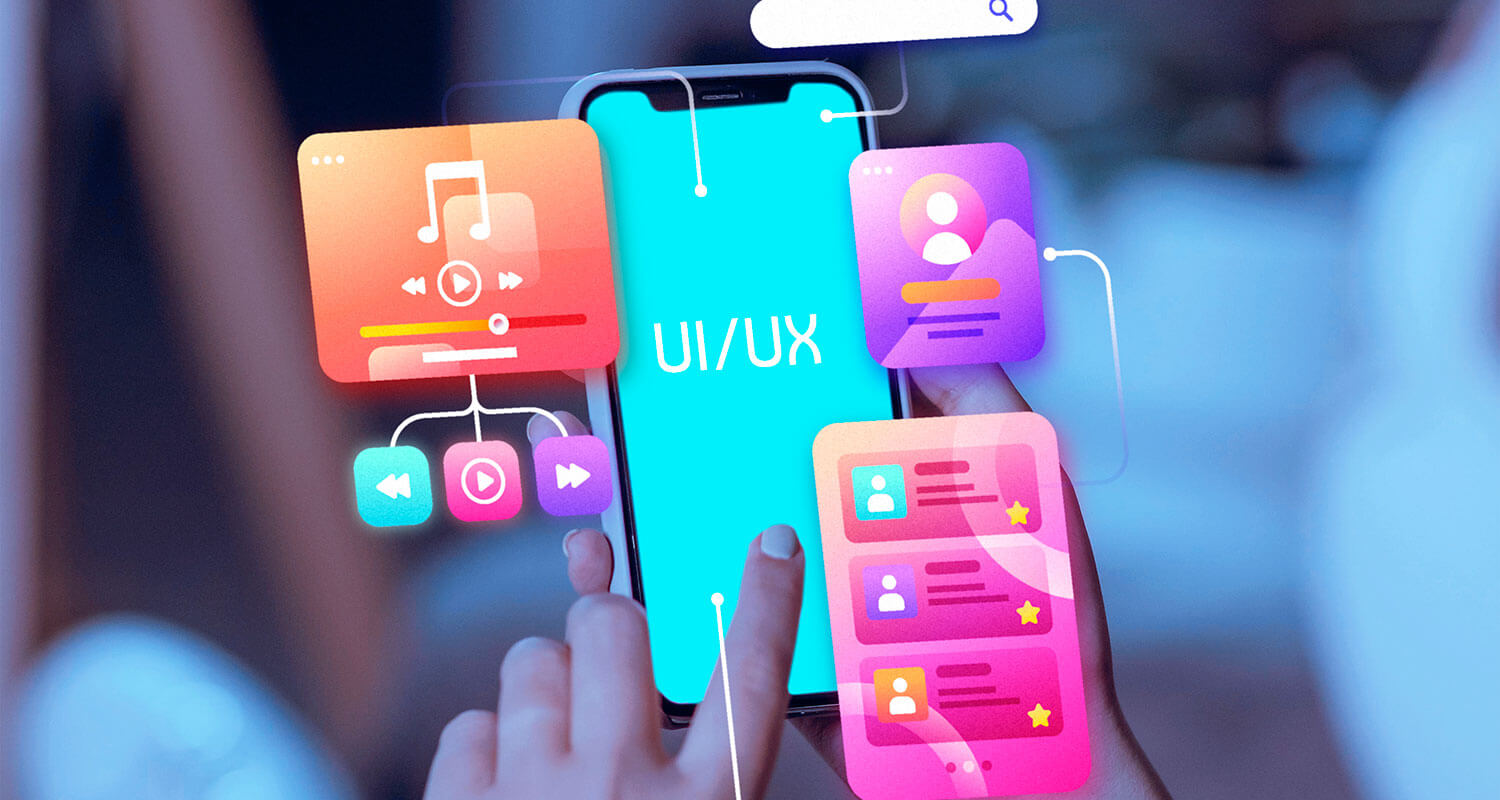iPhone vs Android, which one’s better’ is a question we’ve heard multiple times. To each its own, but which one is right for you?
Android phones stand out for their wide range of customization options, while iPhones provide a more refined and streamlined user experience. In the highly competitive Indian smartphone market, understanding the pros and cons of each can help you make an informed decision.
Which used smartphone is right for you?
-
Operating Systems
Apple’s iOS offers a consistent and secure experience, ensuring that even older iPhones receive regular updates and essential security patches. This commitment to longevity means you can enjoy your iPhone for years to come without worrying about compatibility or security issues. In contrast, Android updates vary depending on the manufacturer and model. While some Android devices receive timely updates, others may be left behind, potentially compromising security and limiting access to new features. If you prioritize long-term support and a consistently secure experience, an iPhone might be the better choice for you.
-
Ecosystem and App Availability
Apple’s App Store is known for its curated selection of high-quality applications, ensuring that you find the apps you need for work, entertainment, and productivity. However, if you rely on specific apps that are not available on the App Store, an Android device might be a better fit. Android’s Google Play Store offers a vast library of apps, providing more flexibility and choice. This abundance can also be overwhelming, and the quality of apps may vary. Consider the specific apps you use regularly and evaluate which platform offers the best selection for your needs.
-
Customization Options: Personalizing Your Experience
Apple prioritizes a consistent user experience across its devices, limiting customization options to maintain uniformity. This approach ensures that all users have a familiar and easy-to-use experience. Android, on the other hand, provides extensive customization freedom, allowing users to tailor their devices to their liking. This flexibility can be appealing to those who enjoy personalizing their smartphones with different themes, wallpapers, and launchers. If you prefer a streamlined and consistent experience, an iPhone might be a better choice. If you enjoy personalizing your smartphone and experimenting with different options, an Android device might be more appealing.
-
Price and Resale Consideration
Used iPhones are known for their ability to retain value, often fetching higher prices in the secondary smartphone market. This strong resale value is attributed to Apple’s reputation for quality, durability, and long-term software support. In contrast, the used Android market boasts a diverse range of models with varying price points, catering to a wide spectrum of budget constraints. However, Android devices may experience a steeper depreciation compared to iPhones. Considering the strong resale value of Apple iPhones and the fluctuating nature of resale values for Android phones, it is crucial to factor in the potential resale value when deciding between the two options.
-
User Interface and Experience:
Apple’s user interface (UI) is known for its simplicity and ease of use. The consistent design across its devices ensures that users have a familiar and comfortable experience, regardless of their chosen iPhone model. On the other hand, Android’s UI can vary significantly between brands and models. While some manufacturers offer a clean and user-friendly UI, others may have a more complex and customizable interface. If you prefer a straightforward and consistent UI, an iPhone might be a better choice. If you enjoy exploring different UI options and customizing your experience, an Android device might be more appealing.
| Ecosystem Feature | Apple iPhone | Android Smartphone |
| App Store | Apple App Store with curated apps | Google Play Store with vast app library |
| Exclusive Apps | Some exclusive iOS-only apps | Platform-independent apps |
| Gaming | High-quality games available | Diverse gaming options |
| Security | Regular updates and data protection as a priority. Biometric authentication with Face ID and Touch ID for secure access. | Varied security measures, with updates dependent on the brand and model |
| Battery Life | Varied battery performances | Efficient battery optimization |
| Privacy controls | Stringent privacy controls and measures | Multiple privacy Settings |
Ultimately, the best way to decide between an iPhone and an Android is to consider your individual preferences and needs. By understanding the strengths and limitations of each operating system, you can make an informed decision that aligns with your smartphone usage and expectations. Handling the device, experiencing its user interface firsthand, and testing its key functionalities can give you a better sense of how well it aligns with your daily usage and personal comfort levels.























